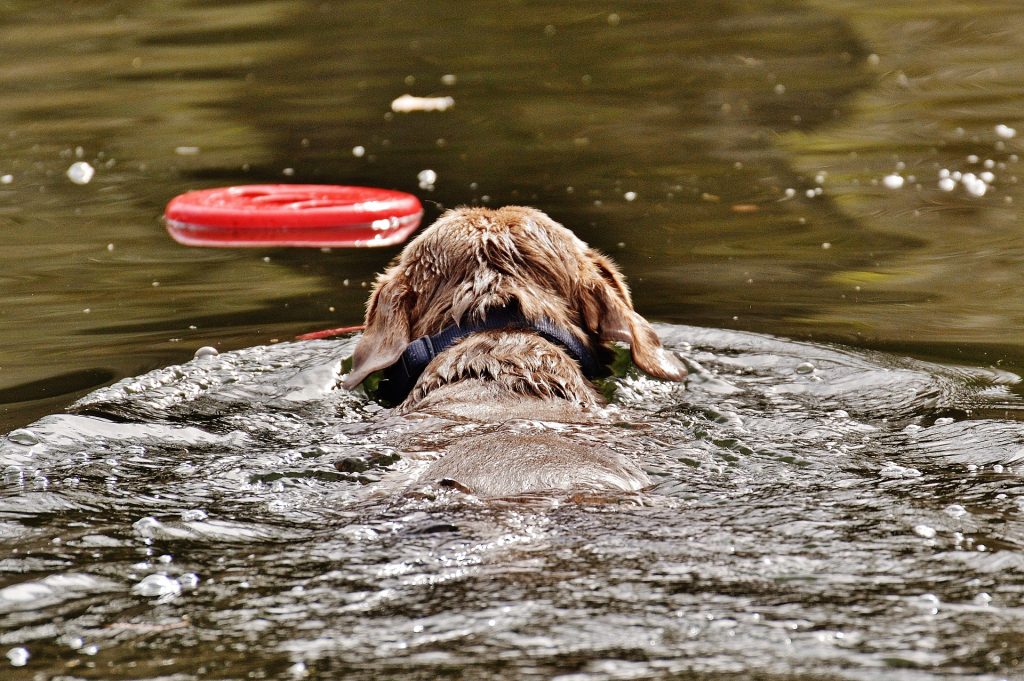
La Colación
The clawback
among the heirs
If there are two or more heirs with the same right to the reserved share
If there are two or more heirs with the same right to the reserved share, the value of any gifts they have received from the deceased must be accounted for in the sharing out of the estate.
This is because it is presumed that the gift was given by the donor in anticipation of what would be received in the reserved share. So the recipient of the gift will receive less in the sharing out, corresponding to the amount he or she has previously received.
The donor can avoid this effect by ordering, at the time of making the gift, or in a last will, that the gift is not to be taken into account (“ no colacionable”).
In this case, the recipient will receive as much as the other heirs in the sharing out and will only have to clawback the excess that affects the other’s reserved share, if any.
It is extremely advisable to have this in mind at the time of ordering the inheritance as it often leads to much conflict later on between family members, and it is quite common that children disagree over issues that have been completely forgotten by the testator.
None of the day to day living expenses incurred must be taken into account, such as healthcare, household goods, education but the general standard of living of family members should be equal.
The value to be taken into account is what the assets are worth at the time of the sharing out of the estate.
Any profits or interest gained from the gifted assets will be counted from the time of the opening of the inheritance.
Any gifts made by the parents to the grandchildren are excluded from «Colación» provided that they do not harm the reserved share of the forced heirs. But if a grand-child is a forced heir ( because his or her parent has passed away) that which he or she has received from the testator, during the testator’s life must be added to the «colación».
Any advantage given to one beneficiary over the others in the last will is also excluded unless the testator states differently.
Gifts made to the child’s partner are also excluded from «colación».
How the «colación» works:
The beneficiary will receive his or her share from the estate less the value of the gift while the co-heirs will receive their share including the equivalent value of the gift in assets of the same kind. If there are no assets of the same kind, and the gift was of immovable assets the co-heirs will be compensated in money or shares at daily price, and if there aren’t any, other assets will be sold by public auction.
Any Questions?
successions@inheritancespain.com
Contact us for specific personal advice for your individual case



